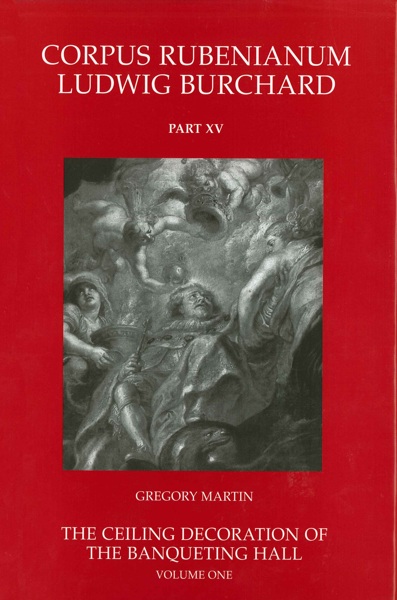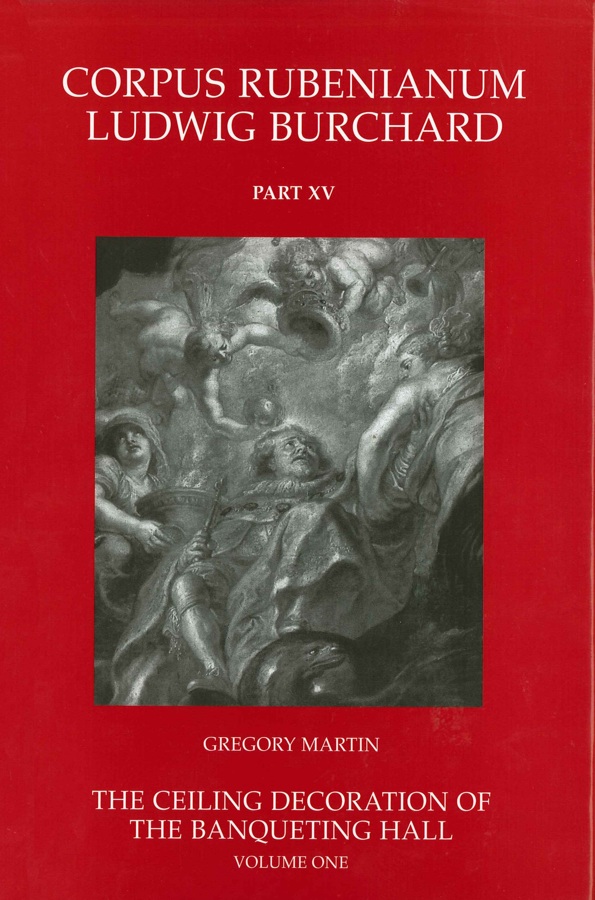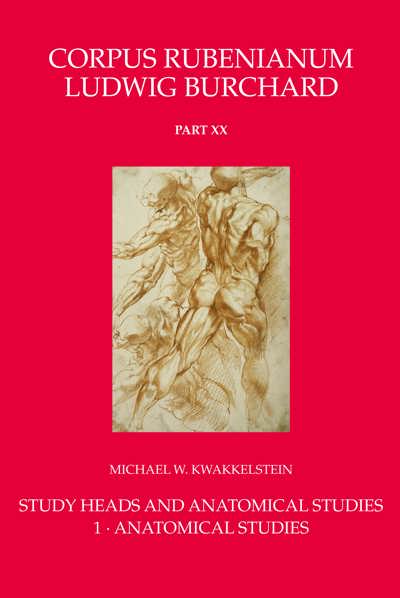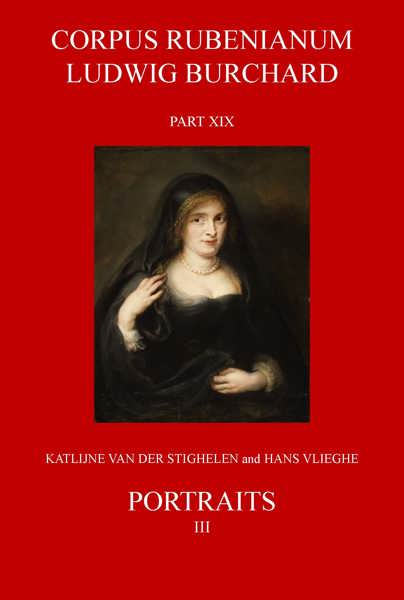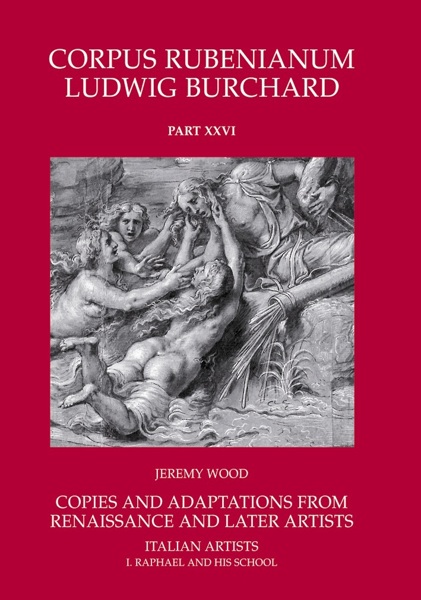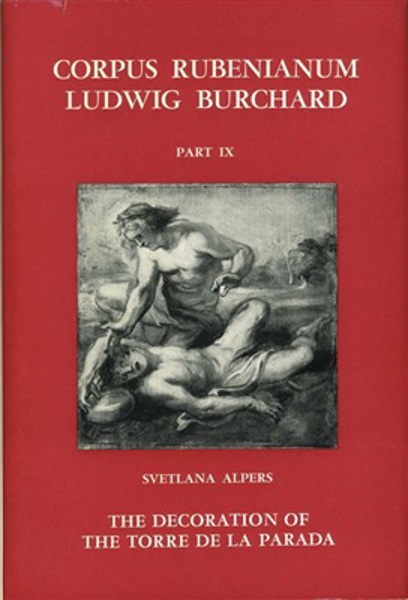
The Ceiling Decoration of the Banqueting Hall
Gregory Martin
- Pages:2 vols, 524 p.
- Size:180 x 265 mm
- Illustrations:220 b/w, 12 col.
- Language(s):English
- Publication Year:2006
- € 145,00 EXCL. VAT RETAIL PRICE
- ISBN: 978-0-905203-72-0
- Hardback
- Available
“Gregory Martin’s two volumes on Rubens’s paintings for the Whitehall Ceiling is the most exhaustive and up-to-date study of this major work, and, apart from possible interpretive refinements, is unlikely to be superseded.” (Christopher White, in: HNA Newsletter, Vol. 23, No. 2, Nov. 2006)
"Gregory Martin has written a work of exemplary scholarship. (...) The book benefits greatly from Martin's experience and maturity as a scholar who has spent his life thinking about Rubens." (D. Howarth in: Times Literary Supplement, 14 November 2008, p. 34)
Rubens’s nine paintings in the ceiling of the Banqueting Hall, in Whitehall, London, provided the main decoration of this magnificent room, which was the focal point of Stuart Court ceremonial. Commissioned by King James I and his son, the future Charles I, following the destruction of the early Jacobean Banqueting Hall, their role in enhancing court spectacle came to an end with the fire that destroyed the rest of Whitehall Palace in 1598. The delay in executing the commission was due to matters of state, in which Rubens was involved as a diplomat. His stay in London in this capacity in 1629/30 made possible the realization of this commission. Rubens would have been aware that the Stuarts owed their position to the regal union of the crowns of England and Scotland, that his royal patron had now embraced his father’s pacific policy and that he was the more determined to impose an absolute rule, which his father had eloquently expounded in speeches ad treatises. These three themes form the central core of the cycle which glorified the reign of the late king, James I. The cycle presented Rubens with a great challenge, not only because of the novelty of the subject matter, but also because of the formal problems presented by the huge scale of the work. This volume of the Corpus Rubenianum Ludwig Burchard provides the fullest review to date of the history of the commission, it also unravels the complex preparatory work and places the subject matter in the context of early Stuart political and ethical aspirations.
